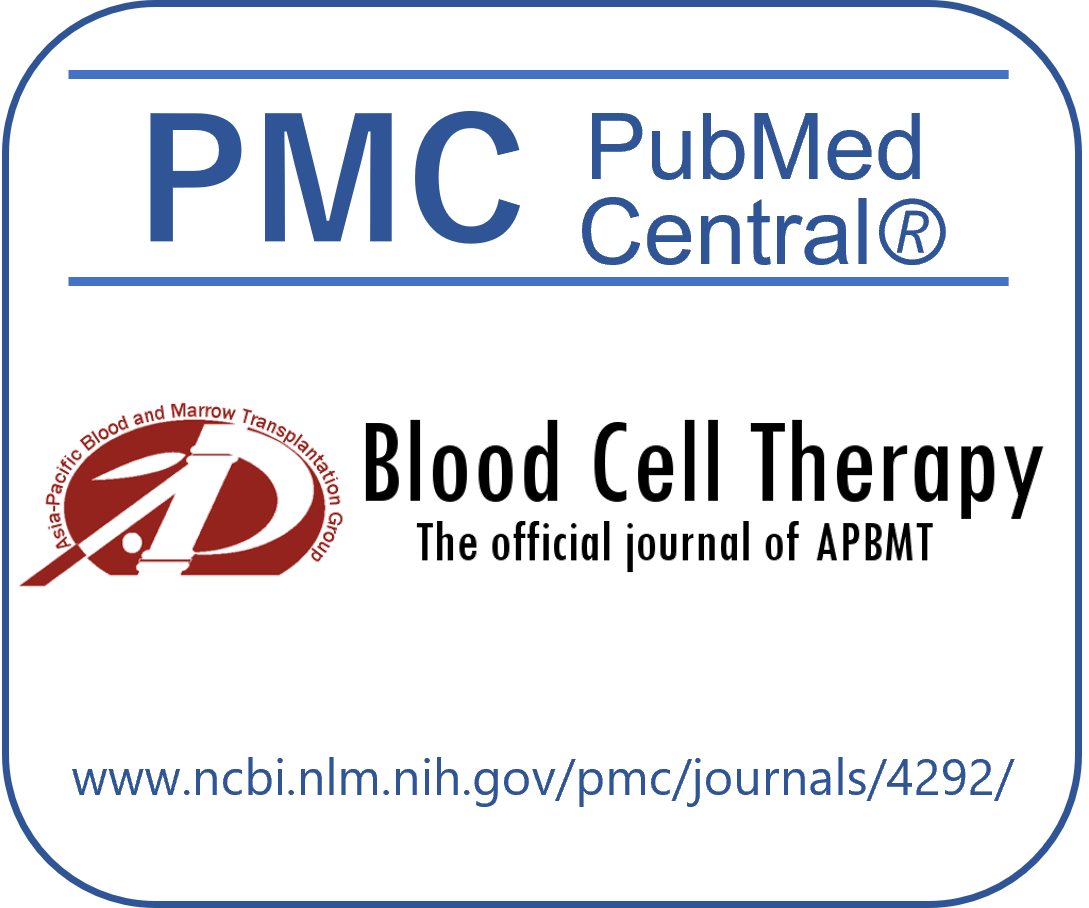404 ERROR
The system is not able to find what you were looking for.
Go back to what you were doing. Page Not Found.
News
November 25, 2024
Volume 7 (2024) Issue 4 No.6
Sirolimus as add-on therapy to corticosteroids for moderate-severe chronic graft versus host disease...

Online ISSN:2432-7026


